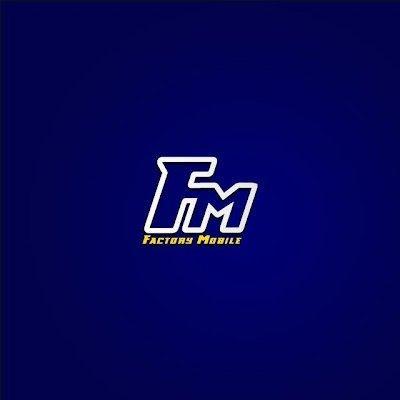Apply on
Availability Status
This job is expected to be in high demand and may close soon. We’ll remove this job ad once it's closed.
Original
Simplified
Job Description:
- 1. Supply Chain and Freight Management Knowledge
- Freight forwarding processes: Understanding the full lifecycle of freight forwarding, including customs clearance, documentation, booking shipments, carrier selection, and coordination between shippers, forwarders, and consignees.
- International Trade Regulations: Understanding of international shipping regulations, import/export laws, tariffs, and customs documentation.
- 2. Logistics Technology and Software Proficiency
- Transportation Management Systems (TMS): Familiarity with TMS platforms like SAP, Oracle Transportation Management, or Freightview, which assist in managing freight operations, routing, and optimization.
- Warehouse Management Systems (WMS): Knowledge of WMS for inventory tracking, order fulfillment, and warehouse operations.
- Enterprise Resource Planning (ERP) Systems: Understanding how ERP systems (like SAP, Oracle, or Microsoft Dynamics) integrate logistics, finance, inventory, and other backend functions.
- Data Analytics Tools: Familiarity with tools for data analytics and reporting (e.g., Microsoft Excel, Power BI, Tableau) to analyze trends, optimize operations, and improve decision-making.
- 3. Automation and Digitalization in Logistics
- Digital Documentation and EDI (Electronic Data Interchange): Familiarity with digital documentation, EDI protocols, and paperless invoicing systems in freight forwarding.
- Blockchain in Logistics: Understanding how blockchain technology is being used to enhance transparency, security, and traceability in supply chain and logistics operations.
- 4. Supply Chain Analytics and Optimization
- Predictive Analytics: Using data and algorithms to forecast demand, optimize routes, reduce lead times, and improve overall supply chain performance.
- Cost Analysis and Optimization: Analyzing freight and logistics costs to identify opportunities for cost reduction and process improvement.
- 5. Risk Management and Compliance
- Risk Assessment and Mitigation: Ability to assess risks in the supply chain (e.g., delays, damage, theft) and implement solutions to mitigate these risks.
- Security Protocols: Understanding security practices for cargo, including anti-theft measures, cargo insurance, and cyber threats.
- 7. Project Management Skills
- Project Management Software: Familiarity with tools like Microsoft Project, Asana, or Jira to manage logistics projects, track deadlines, and ensure efficient implementation of logistics plans.
- Agile/Lean Methodologies: Experience with Agile or Lean principles for continuous improvement in operations and projects.
- 8. Data-Driven Decision Making
- KPI and Metric Management: Ability to define, track, and report on Key Performance Indicators (KPIs) such as on-time delivery, cost per shipment, inventory turnover, and customer satisfaction.
- Continuous Improvement (Kaizen): Knowledge of methodologies such as Six Sigma or Lean to drive improvements in processes and reduce inefficiencies.
In addition to these technical skills, a manager in the logistics industry should have strong leadership, communication, and problem-solving abilities to effectively manage teams, interact with clients and vendors, and ensure smooth operations. A balance of technical expertise and managerial acumen is essential for success in this role.
Job Type: Full-time
Pay: RM10,000.00 - RM14,000.00 per month
Application Question(s):
- Familiarity with tools like Microsoft Project, Asana, or Jira to manage logistics projects? Please state.
Similar Jobs





